Vitamin C for Sunburn Prevention: Why Sunscreen Alone Isn't Enough


Spending time in the sun can have many physical and mental health benefits. However, it's important to remember that prolonged, unprotected exposure to the sun's harmful ultraviolet (UV) rays can lead to permanent changes to the skin. Serious skin issues including sunburn, premature aging, and an increased risk of skin cancer can result. (1,2,3)
While sunscreen is undoubtedly a highly crucial part of sun protection, recent studies have shed light on the influential role of our internal defences when it comes to post-sun-exposure healing. (4)
Specifically, the internal use of vitamin C was emphasized as a participant in safeguarding the skin from sun damage. In this article, we will explore the potential of vitamin C for sunburn, as a skin sun protectant and delve into its benefits for maintaining healthy, youthful, radiant skin. (5)
Quick Links
The Role of Vitamin C in Skin Health

Humans are some of the few mammals that can not synthesize their vitamin C. The lack of ability to make vitamin C means that humans must rely on a healthy diet to bring in the required amount of vitamin C. (6)
Vitamin C, also known as ascorbic acid, is a nutrient that has been extensively studied and those studies resulted in its recognition for its essential role in overall health and wellbeing.
The Linus Pauling Institute is an incredible resource for all the health benefits of vitamin C. Articles discussed by the Linus Pauling Institute talk about benefits from strengthening the immune system to supporting collagen synthesis. Many other benefits are studied concluding that this remarkable nutrient plays a crucial part in various bodily functions. (7)
When it comes to skin health, vitamin C stands out due to its antioxidant properties. Those properties can help the skin heal faster, age slower and retain its healthy consistency. As a direct player in the process of collagen synthesis, vitamin C is a critical ingredient that can help support skin health for people of all ages. (8)

Antioxidant Protection against UV Damage
The skin is our external barrier, it is made to be strong and resilient as it is constantly exposed to environmental stressors, including UV radiation, pollution, and free radicals. If you thought that UV radiation exposure is only caused by the sun, then you may be shocked to learn that UV radiation can be produced by some types of indoor lighting and so, for many, prolonged exposure is a constant reality. Exposure to stressors and damaging factors can lead to the production of harmful reactive oxygen species (ROS) that damage cellular structures and accelerate the aging process. (4)
Vitamin C acts as a potent antioxidant, it helps the skin heal and works to neutralize free radicals thus protecting the skin from oxidative stress caused by UV radiation. By scavenging these harmful radicals, vitamin C helps reduce inflammation, prevent DNA damage, and maintain the integrity of skin cells. (4)

Collagen Synthesis and Skin Firmness
Collagen is a protein that is abundant in the skin, it is considered the glue of our internal structures and is responsible for maintaining skin firmness, elasticity, and overall structure.
As we age, our natural collagen production declines, this decline leads to the formation of wrinkles, fine lines, and sagging skin. (9)
Skin Aging Post-Sun Exposure
When we are exposed to UV radiation, our collagen and elastin are broken down due to the damage of the radiation. This makes the skin less resilient and reduces its capacity to bounce back after it is stretched. Enzymes known as metalloproteinases are stimulated by UV radiation and they result in the possible permanent change to the makeup of the skin (10). The result is a loss of firmness and the emergence of a leathery appearance that is characteristic of long sun exposure. Inflammation and free-radical formation after the process of “breakdown” can result in the formation of further lines and deep wrinkles which change the texture of the skin permanently. (11)
Vitamin C for Sunburn: A Shield Against Sun Damage
While sunscreen is undoubtedly crucial for protecting the skin from harmful UV rays, recent research suggests that sunscreen on its own may not be enough! Internal anti-oxidants can provide the body with an additional layer of defence that enhances the body’s ability at dealing with UV stress. Anti-oxidants like vitamin C can provide an additional line of defence against sun damage. (6)
Internal Use of Vitamin C
Vitamin C can be obtained through both whole-food dietary sources and supplements. Consuming foods rich in vitamin C, such as citrus fruits, kiwis, and bell peppers, provides the body with a small amount of this essential nutrient. (12)
Unlike dietary vitamin C consumption, supplementing with vitamin C can be an effective strategy to fine-tune the intake and align it with the level of oxidative stress the body faces. Emerging evidence suggests that our demand for vitamin C increases during periods of heightened oxidative stress, making supplementation a valuable tool to support the body's antioxidant defences and maintain overall health. (13)
The Role of Bioflavonoids like Hesperidin

In nature, vitamin C is rarely found in isolation; instead, it is often accompanied by a group of compounds known as bioflavonoids or flavonoids. Bioflavonoids are naturally occurring plant pigments that are commonly found in fruits, vegetables, and other plant-based foods. These compounds are known for their beneficial effects on human health and have been recognized for their ability to enhance the absorption and effectiveness of vitamin C.
When vitamin C is present alongside bioflavonoids, it is believed to create a synergistic effect, meaning that their combined action is greater than the sum of their actions. This synergy is particularly notable in terms of enhancing vitamin C absorption and bioavailability in the body. (6, 14)
The presence of bioflavonoids is thought to improve the absorption of vitamin C in the intestines by slowing down its breakdown and enhancing its transport across the intestinal lining. This leads to better retention of vitamin C in the bloodstream, allowing the body to make more efficient use of this essential nutrient.
One of the most well-known bioflavonoids that often accompanies vitamin C is hesperidin, commonly found in citrus fruits like oranges and lemons. Hesperidin, along with other flavonoids like quercetin and rutin, has been shown to support the antioxidant activity of vitamin C and protect it from oxidation, ensuring its stability and effectiveness. (14, 15)
Finally, it is important to note that bioflavonoids themselves possess antioxidant properties, contributing to the overall antioxidant capacity of vitamin C-rich foods. They work in harmony with vitamin C to scavenge free radicals and protect cells from oxidative damage, which is particularly important during periods of increased oxidative stress.
Thus, due to its re-enforcement of the benefits of vitamin C, consuming vitamin C with hesperidin provides further protection against UV-induced damage and inflammation in the skin.
Blocking UV Rays with Vitamin C
UV radiation consists of UVA and UVB rays, both of which can harm the skin and contribute to photoaging and increased risk of skin cancer.
While sunscreen forms a physical or chemical barrier to absorb or reflect UV rays, vitamin C works differently. It doesn't absorb UVA or UVB rays directly, but it can help mitigate the damage caused by UV exposure. (5)
Vitamin C's antioxidant properties neutralize free radicals generated by UV radiation, reducing inflammation, DNA damage, and collagen breakdown in the skin. (6)
Lightening Hyperpigmentation and Sunspots
Hyperpigmentation, characterized by dark spots or patches on the skin, is a common concern caused by sun damage and hormonal changes. Vitamin C has been shown to have skin-lightening properties, helping to fade hyperpigmentation and even out skin tone.
By inhibiting the production of melanin, the pigment responsible for dark spots, vitamin C can help brighten the skin and reduce the appearance of sunspots. (16)
Boosting Skin's Natural Repair Processes
The skin has a remarkable ability to heal itself, but it can benefit from additional support. Vitamin C plays a vital role in promoting the skin's natural repair processes, particularly after sun damage.
By stimulating collagen synthesis and supporting the production of new skin cells, vitamin C helps expedite the healing of sunburns and other forms of UV-induced skin damage. Additionally, vitamin C's anti-inflammatory properties help reduce redness and soothe irritated skin. (16)
Incorporating Vitamin C into Your Skincare Routine
To harness the protective benefits of vitamin C, it's essential to incorporate it into your skincare routine. Whether through topical application or internal consumption, vitamin C can enhance your skin's resilience and defence against sun damage.
Topical Application of Vitamin C
Topical vitamin C serums or creams are a popular choice for delivering this antioxidant directly to the skin. When applied topically, vitamin C can penetrate the skin and provide localized protection against UV damage. Look for serums or creams containing L-ascorbic acid, the most active and researched form of vitamin C.
Combining Vitamin C with Sunscreen
While vitamin C can provide additional protection against sun damage, it's important to note that it should not replace sunscreen. Instead, vitamin C should be used in conjunction with sunscreen for comprehensive sun protection.
Apply a broad-spectrum sunscreen with a high SPF before applying vitamin C serum or cream. The sunscreen will create a barrier against UV rays, while vitamin C will provide antioxidant support and further minimize the harmful effects of sun exposure.
Dietary Sources of Vitamin C
In addition to topical application, consuming foods rich in vitamin C is crucial for maintaining optimal levels in the body. Citrus fruits, such as oranges and grapefruits, are well-known sources of vitamin C. However, other fruits like kiwis, strawberries, and papayas, as well as vegetables like bell peppers and broccoli, are also excellent sources. Including these foods in your diet can provide a steady supply of vitamin C, supporting overall skin health and sun protection from within. (12)
However, during periods of prolonged sun exposure, the body's natural reservoir of vitamin C may become depleted due to the continuous battle against oxidative stress. As a result, the body may require additional vitamin C from external sources to ensure an optimal level of protection against skin damage. Higher levels are easier to achieve with supplementation. Supplementation with vitamin C that contains bioflavonoids is one of the best ways of helping support vitamin C status during periods of stress. (13)
Conclusion
As we strive to protect our skin from the damaging effects of the sun, incorporating vitamin C into our skincare routine becomes increasingly important. With its antioxidant properties, collagen-boosting abilities, and potential to mitigate the harmful impact of UV radiation, vitamin C stands as a powerful ally in maintaining healthy, radiant skin. Whether through topical application or dietary consumption, vitamin C can enhance the skin's natural defences, offering an extra layer of protection against sun damage. So, don't forget to reach for that vitamin C serum, savour those citrus fruits, and embrace the power of this remarkable nutrient in safeguarding your skin from the sun's rays.
Article References
- Mead MN. Benefits of sunlight: a bright spot for human health.
- Hoel DG, Berwick M, de Gruijl FR, Holick MF. The risks and benefits of sun exposure 2016. Dermato-endocrinology. 2016 Jan 1;8(1):e1248325.
- Lindqvist PG, Epstein E, Landin-Olsson M. Sun exposure-hazards and benefits. Anticancer research. 2022 Apr 1;42(4):1671-7.
- Jesus A, Mota S, Torres A, Cruz MT, Sousa E, Almeida IF, Cidade H. Antioxidants in sunscreens: which and what for?. Antioxidants. 2023 Jan 6;12(1):138.
- Darr DO, Dunston ST, Faust HO, Pinnell SH. Effectiveness of antioxidants (vitamin C and E) with and without sunscreens as topical photoprotectants. Acta Dermato-Venereologica. 1996 Jul 1;76(4):264-8.
- Aversa R, Petrescu RV, Apicella A, Petrescu FI. We are addicted to vitamins C and EA review. American Journal of Engineering and Applied Sciences. 2016 Nov 17;9(4):1003-18.
- Pauling L. Are recommended daily allowances for vitamin C adequate?. Proceedings of the National Academy of Sciences. 1974 Nov;71(11):4442-6.
- Bechara N, Flood VM, Gunton JE. A systematic review on the role of vitamin C in tissue healing. Antioxidants. 2022 Aug 19;11(8):1605.
- Verzár F. Aging of the collagen fiber. International review of connective tissue research. 1964 Jan 1;2:243-300.
- Landau M. Exogenous factors in skin aging. Environmental factors in skin diseases. 2007;35:1-3.
- Quan T, Qin Z, Xia W, Shao Y, Voorhees JJ, Fisher GJ. Matrix-degrading metalloproteinases in photoaging. InJournal of Investigative Dermatology Symposium Proceedings 2009 Aug 1 (Vol. 14, No. 1, pp. 20-24). Elsevier.
- Franke AA, Custer LJ, Arakaki C, Murphy SP. Vitamin C and flavonoid levels of fruits and vegetables consumed in Hawaii. Journal of Food Composition and Analysis. 2004 Feb 1;17(1):1-35.
- Moritz B, Schmitz AE, Rodrigues AL, Dafre AL, Cunha MP. The role of vitamin C in stress-related disorders. The Journal of Nutritional Biochemistry. 2020 Nov 1;85:108459.
- Panche AN, Diwan AD, Chandra SR. Flavonoids: an overview. Journal of nutritional science. 2016;5:e47.
- Garg A, Garg S, Zaneveld LJ, Singla AK. Chemistry and pharmacology of the citrus bioflavonoid hesperidin. Phytotherapy research. 2001 Dec;15(8):655-69.
- Telang PS. Vitamin C in dermatology. Indian dermatology online journal. 2013 Apr;4(2):143.








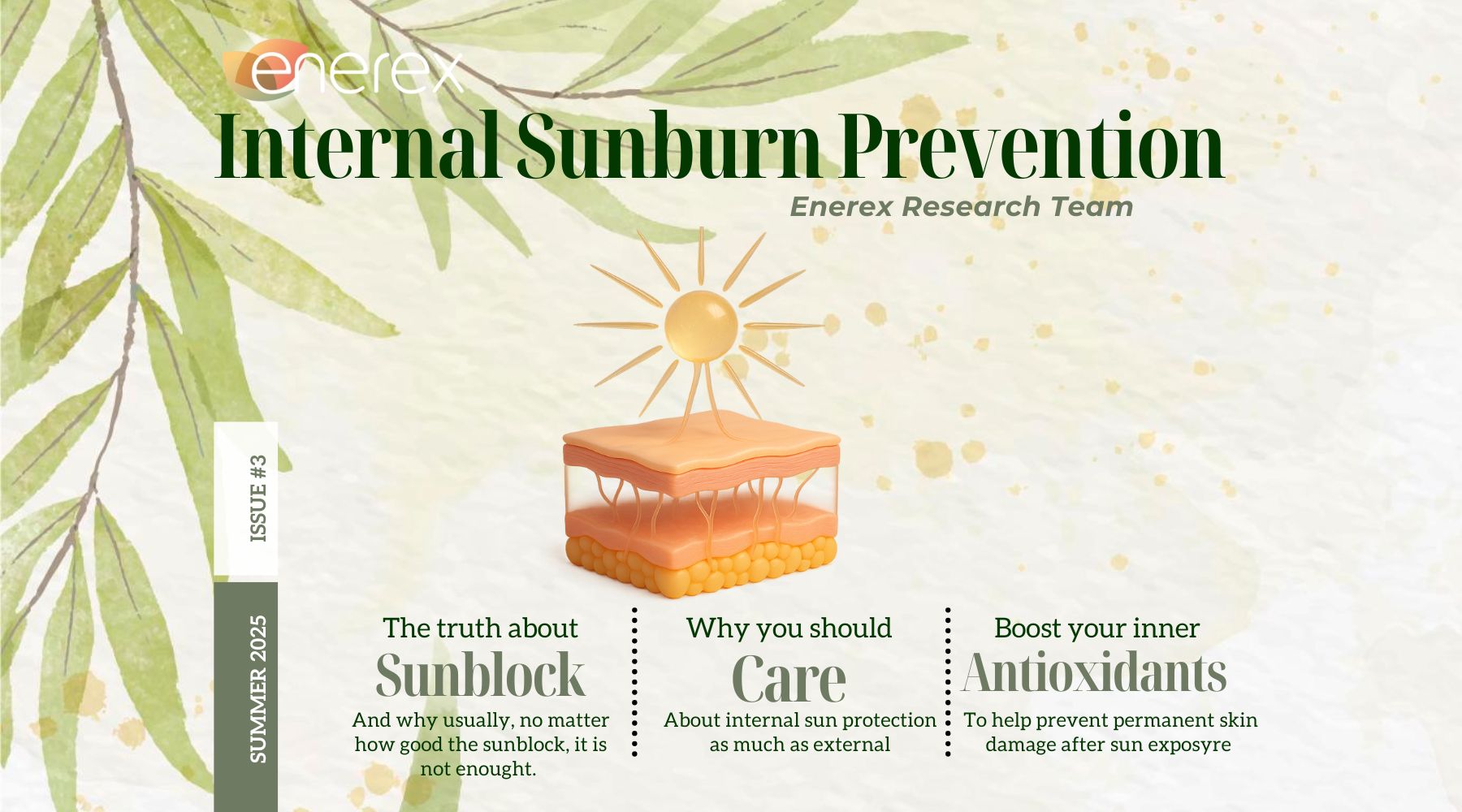

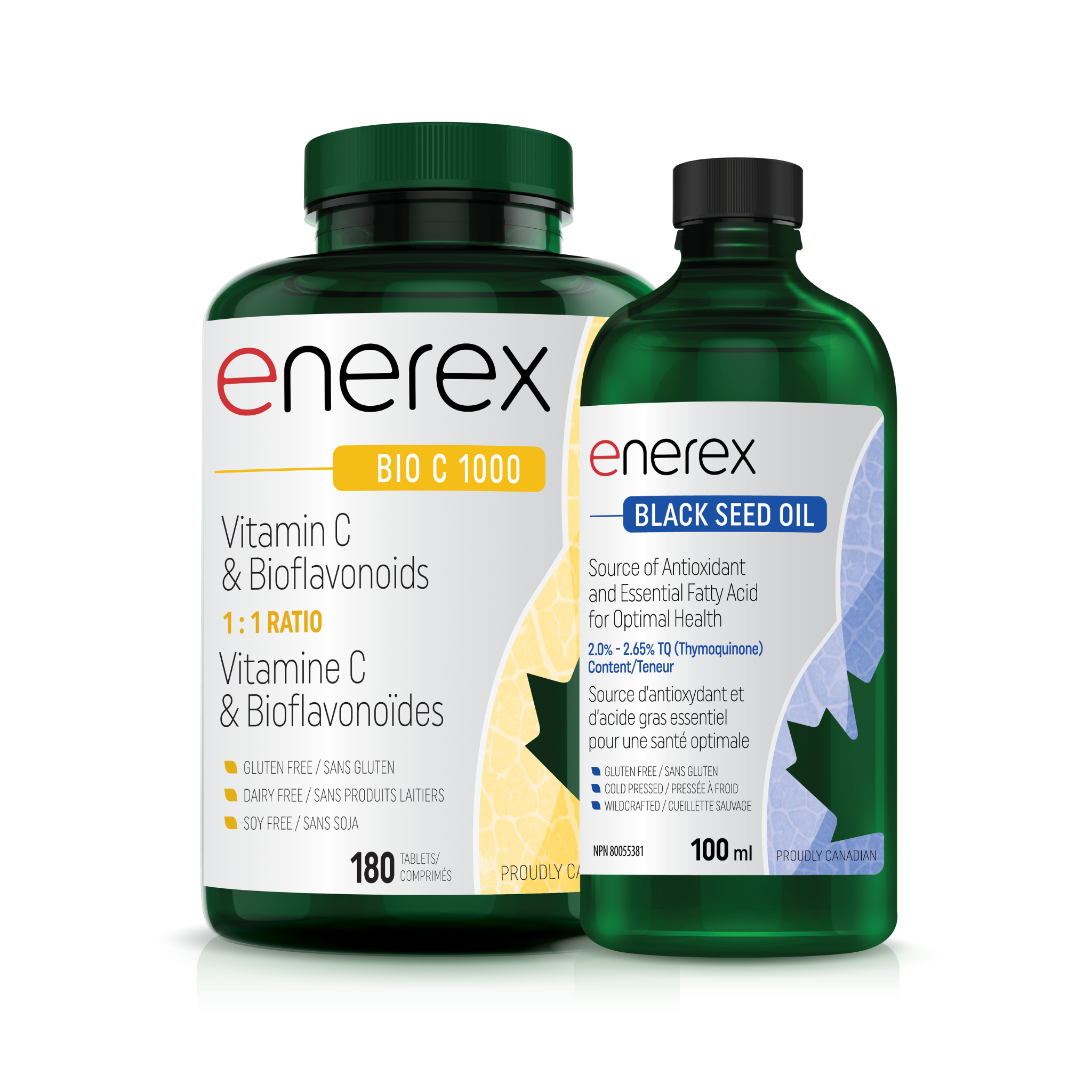
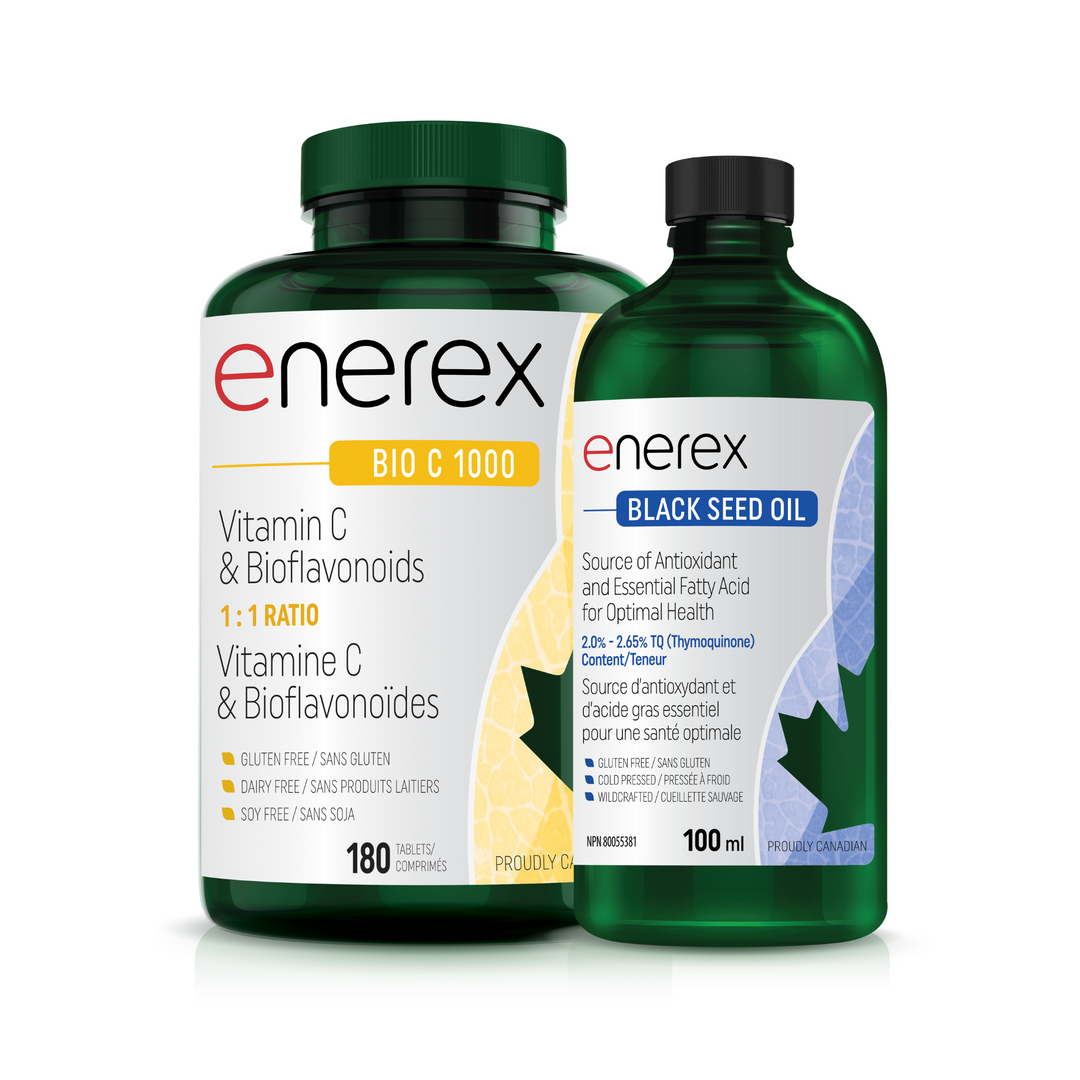
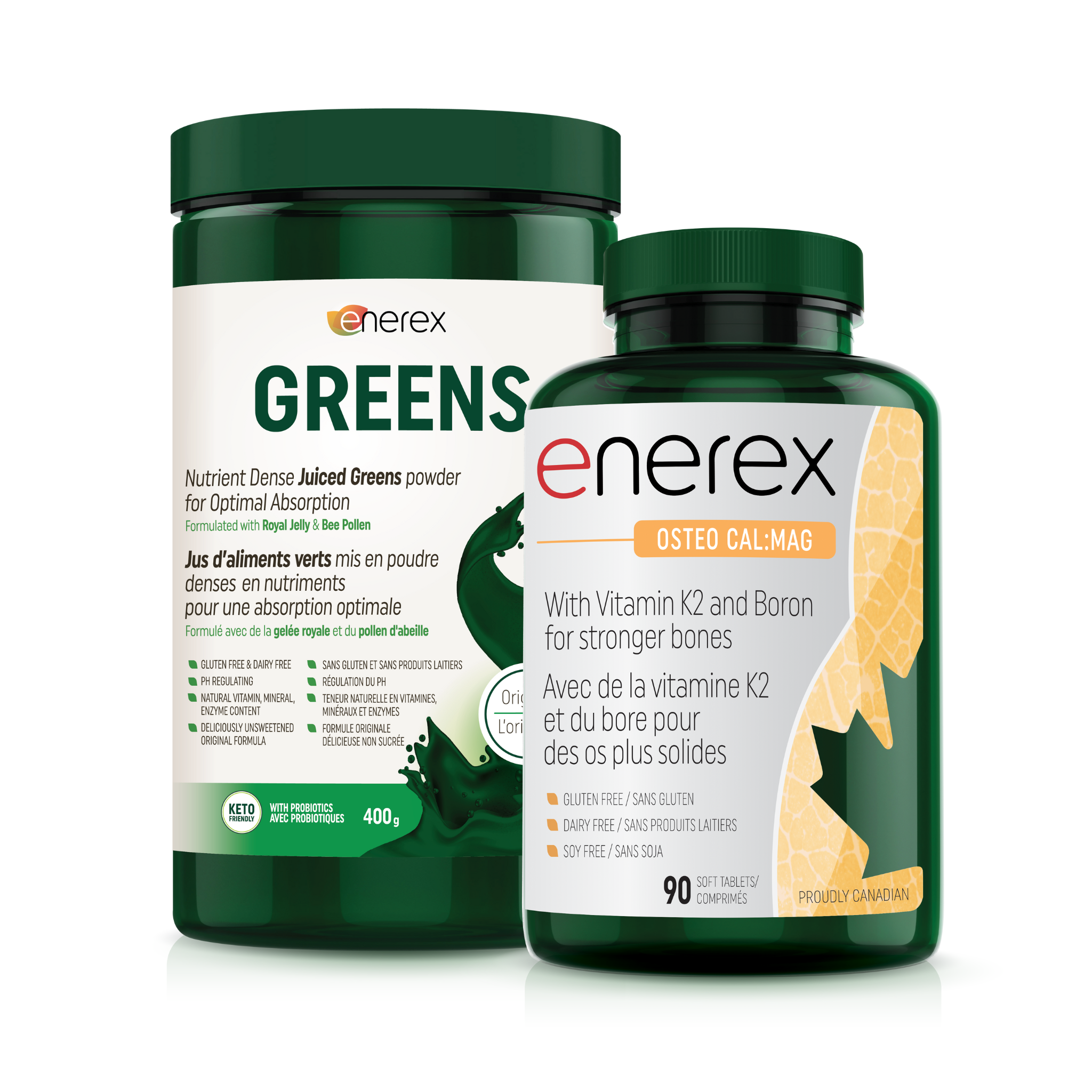
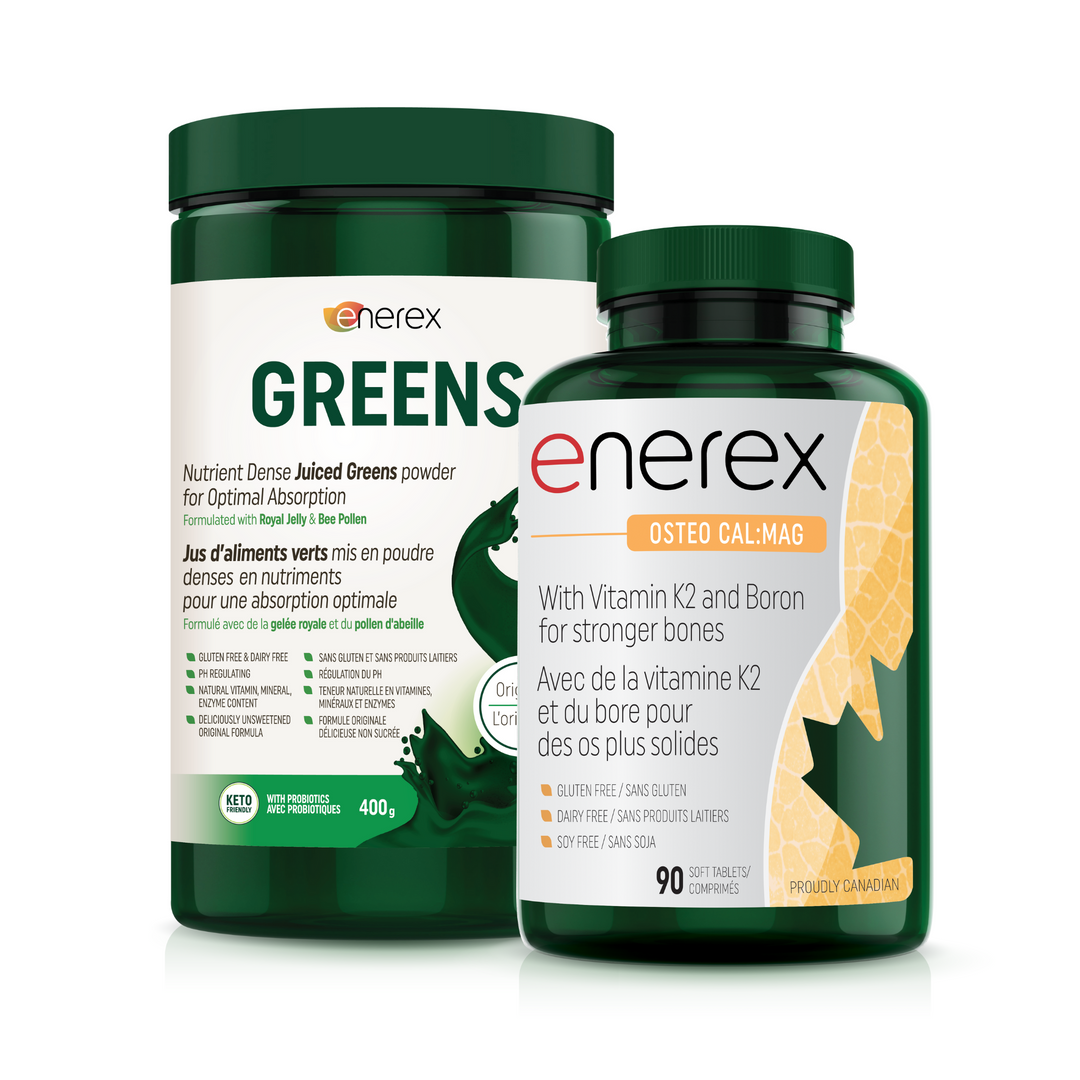
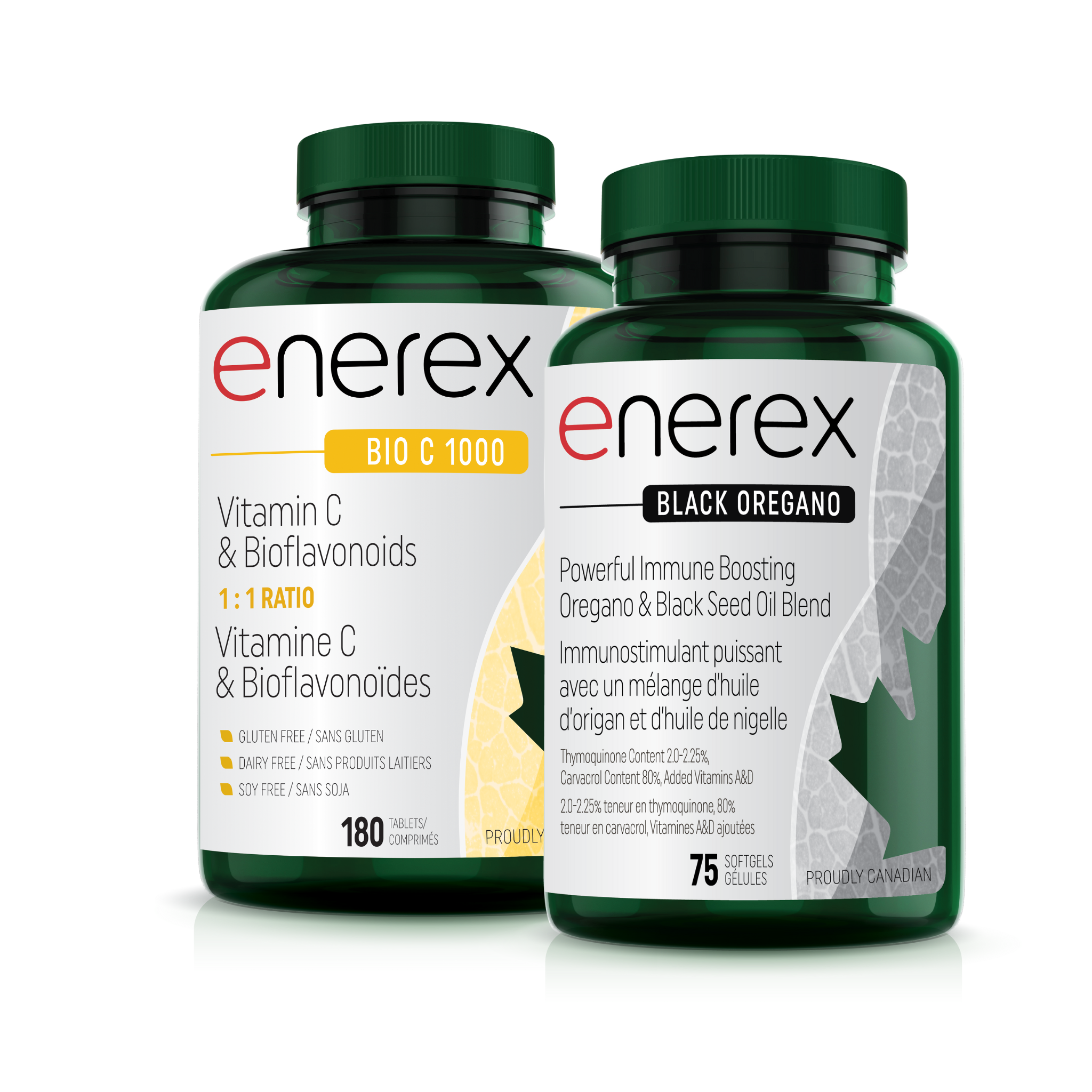
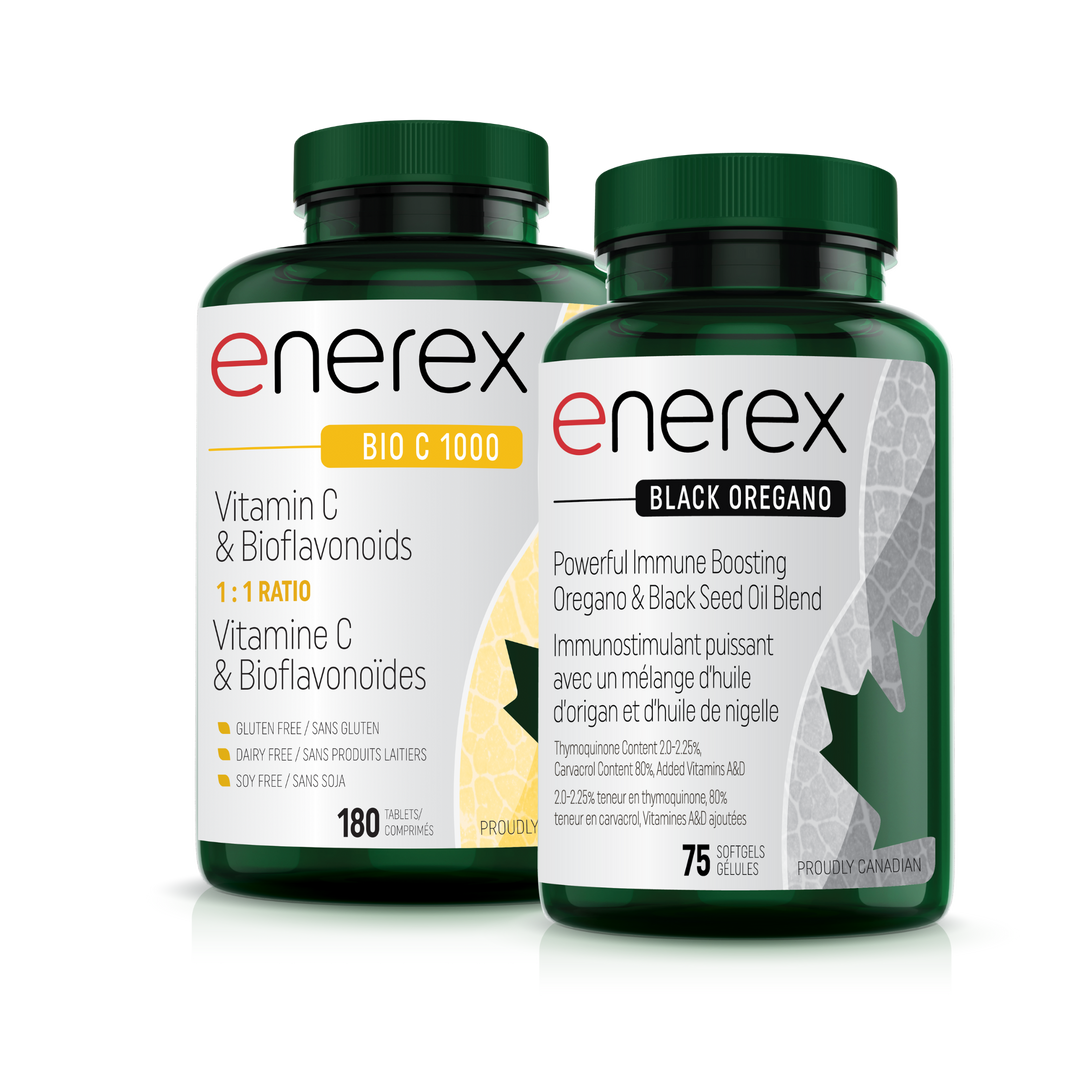
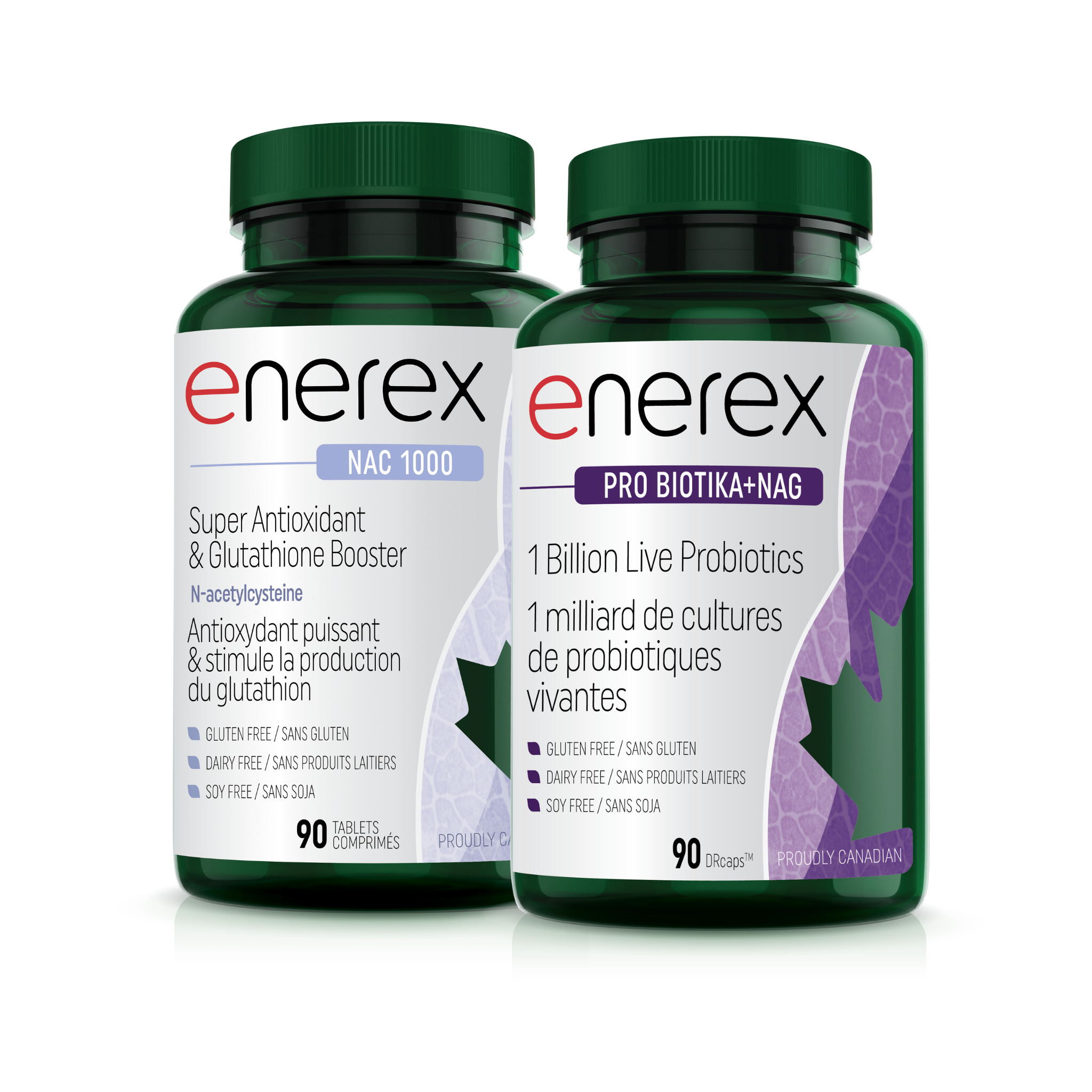
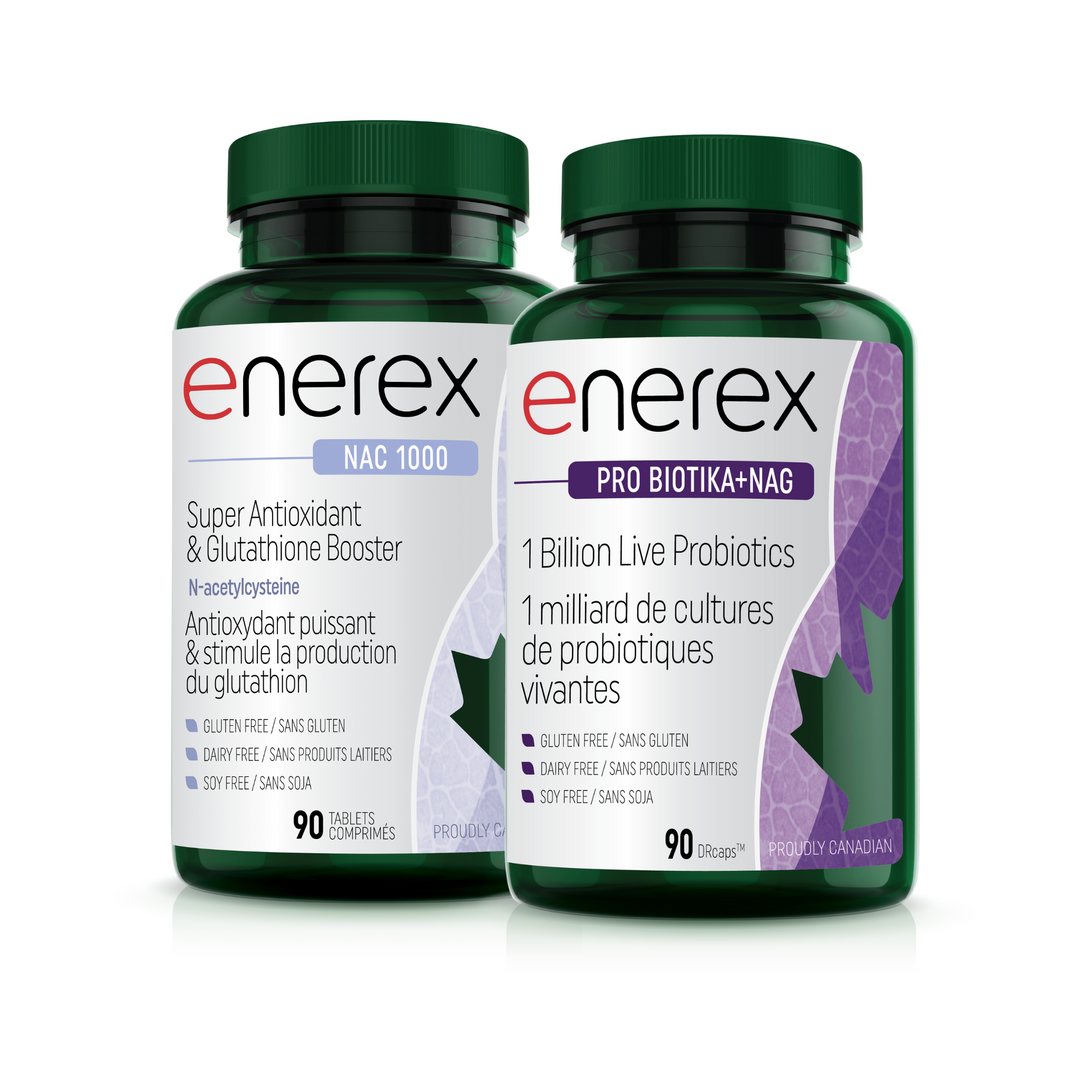
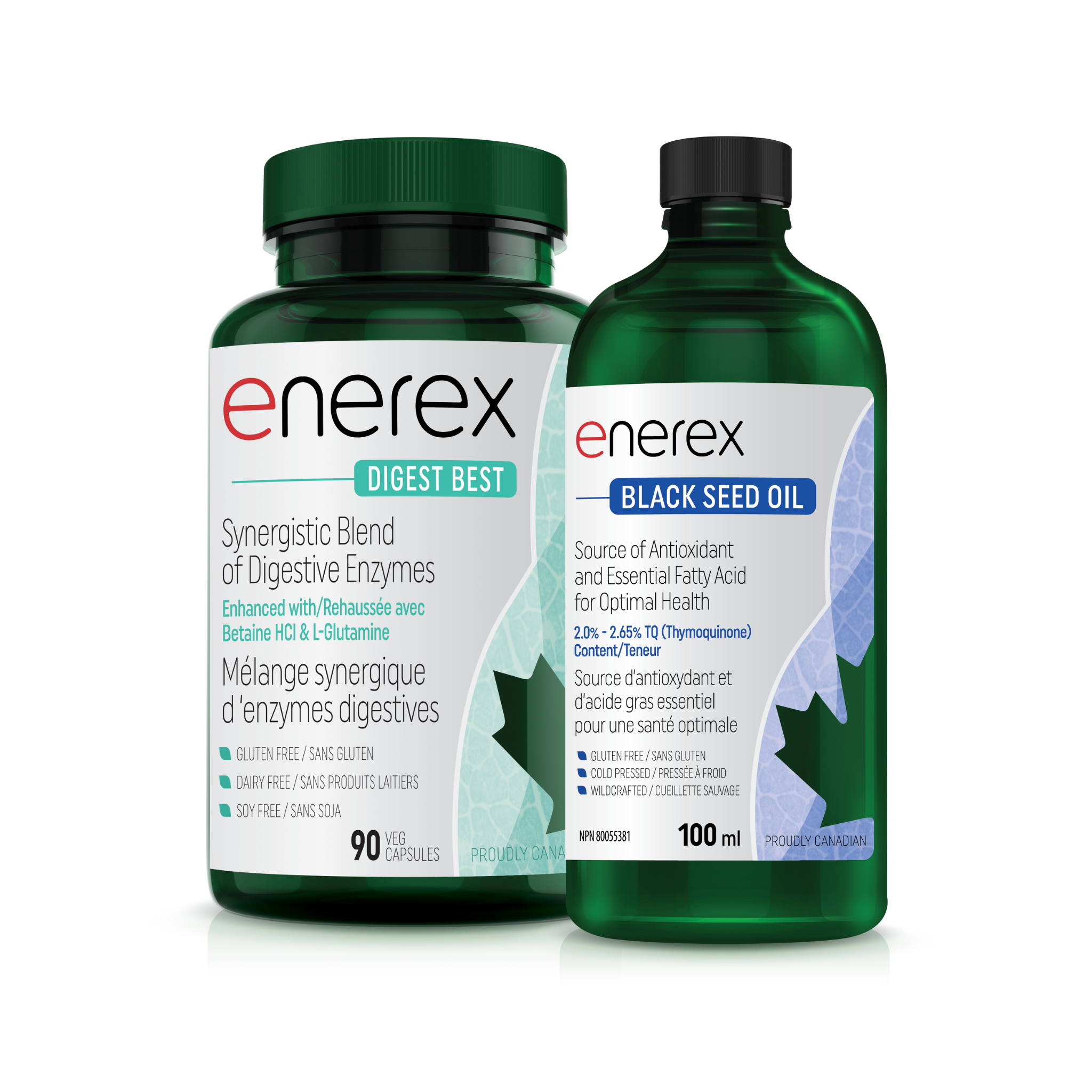
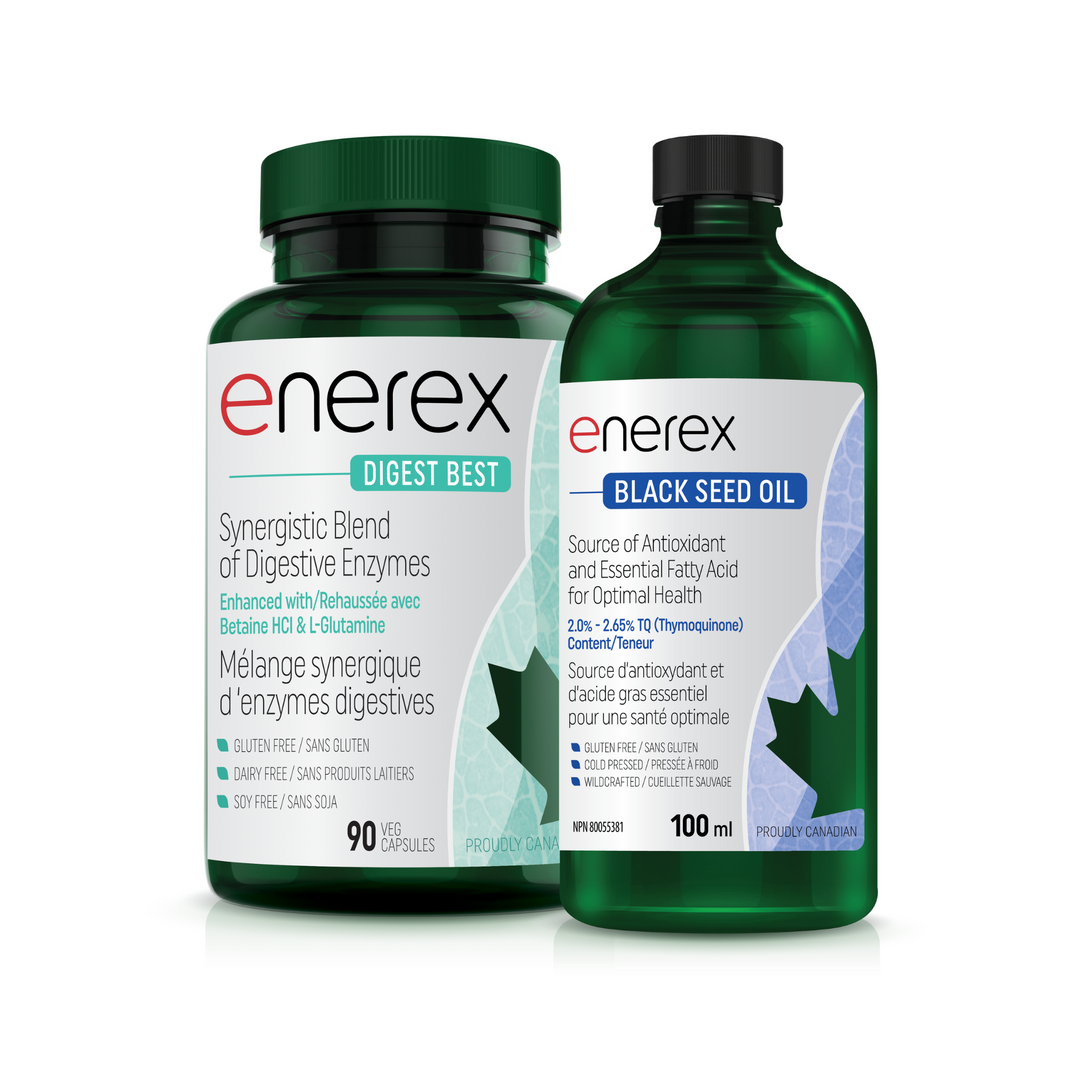
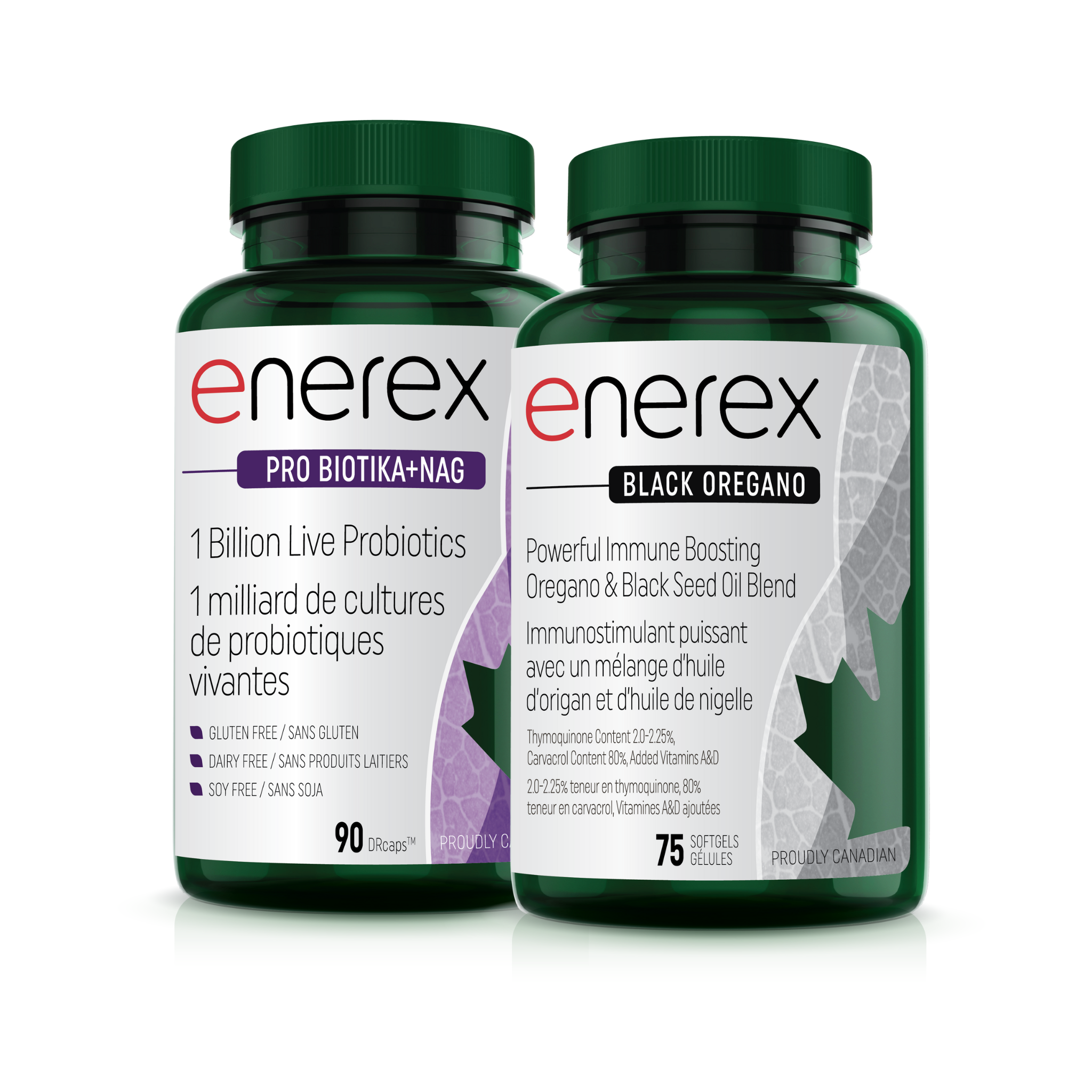
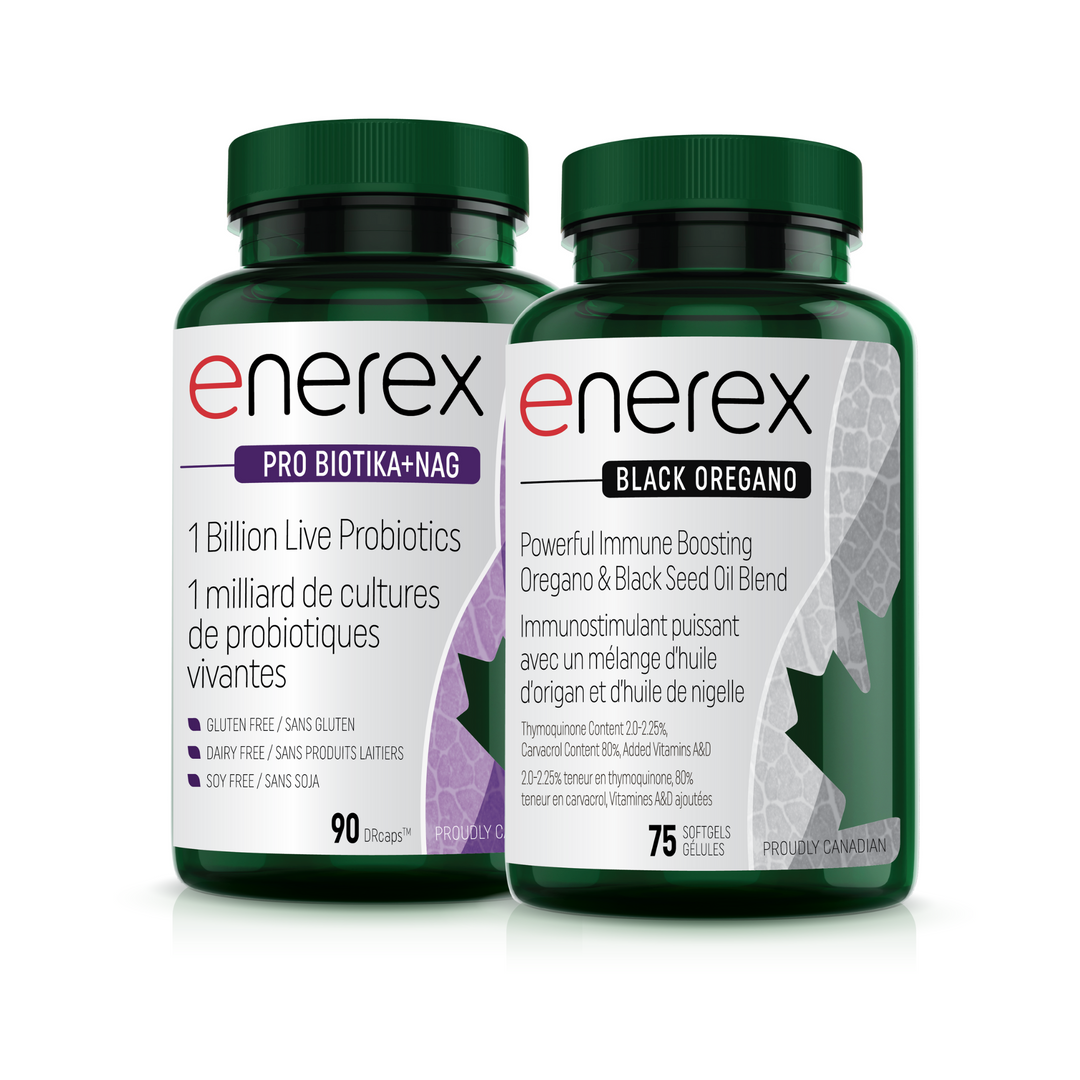
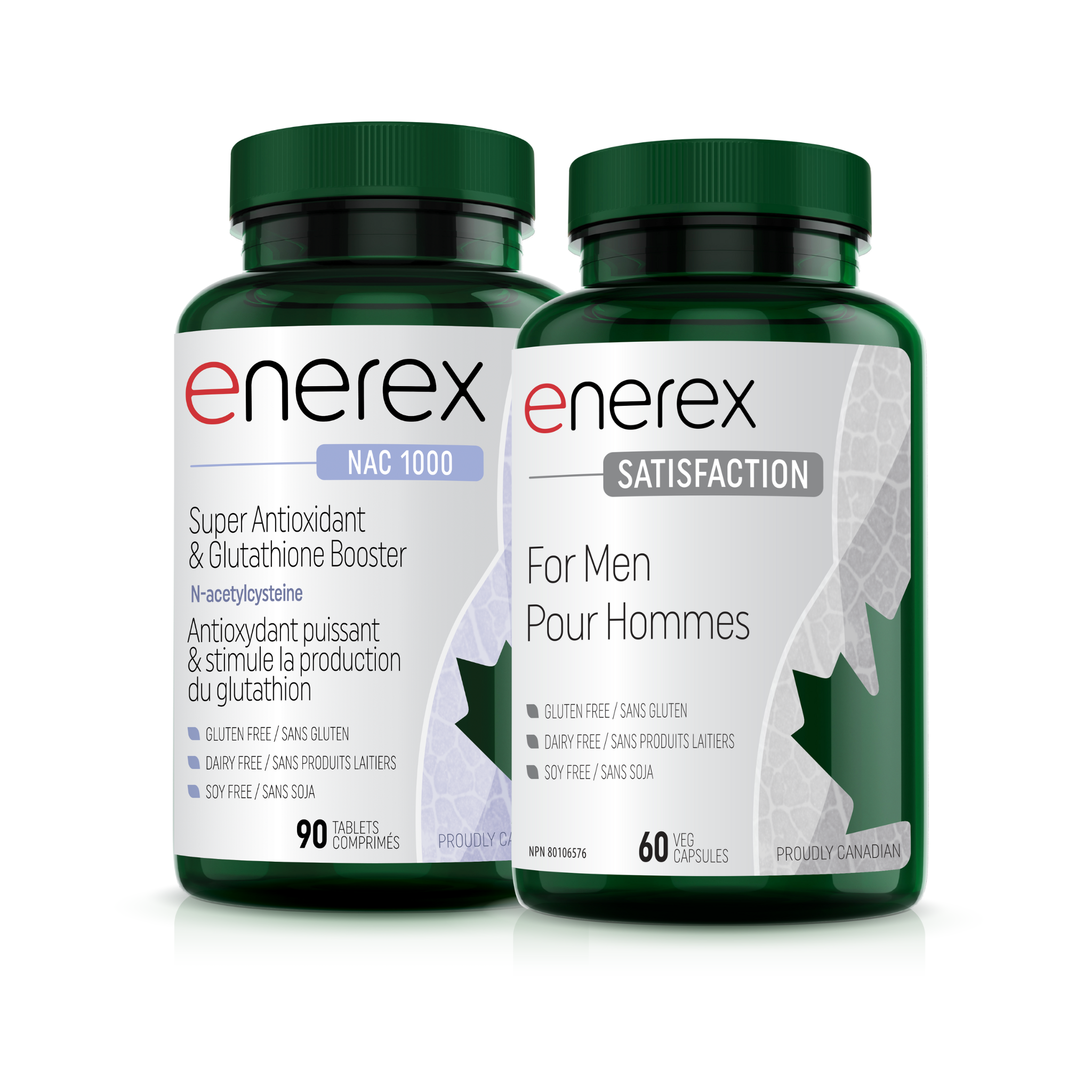
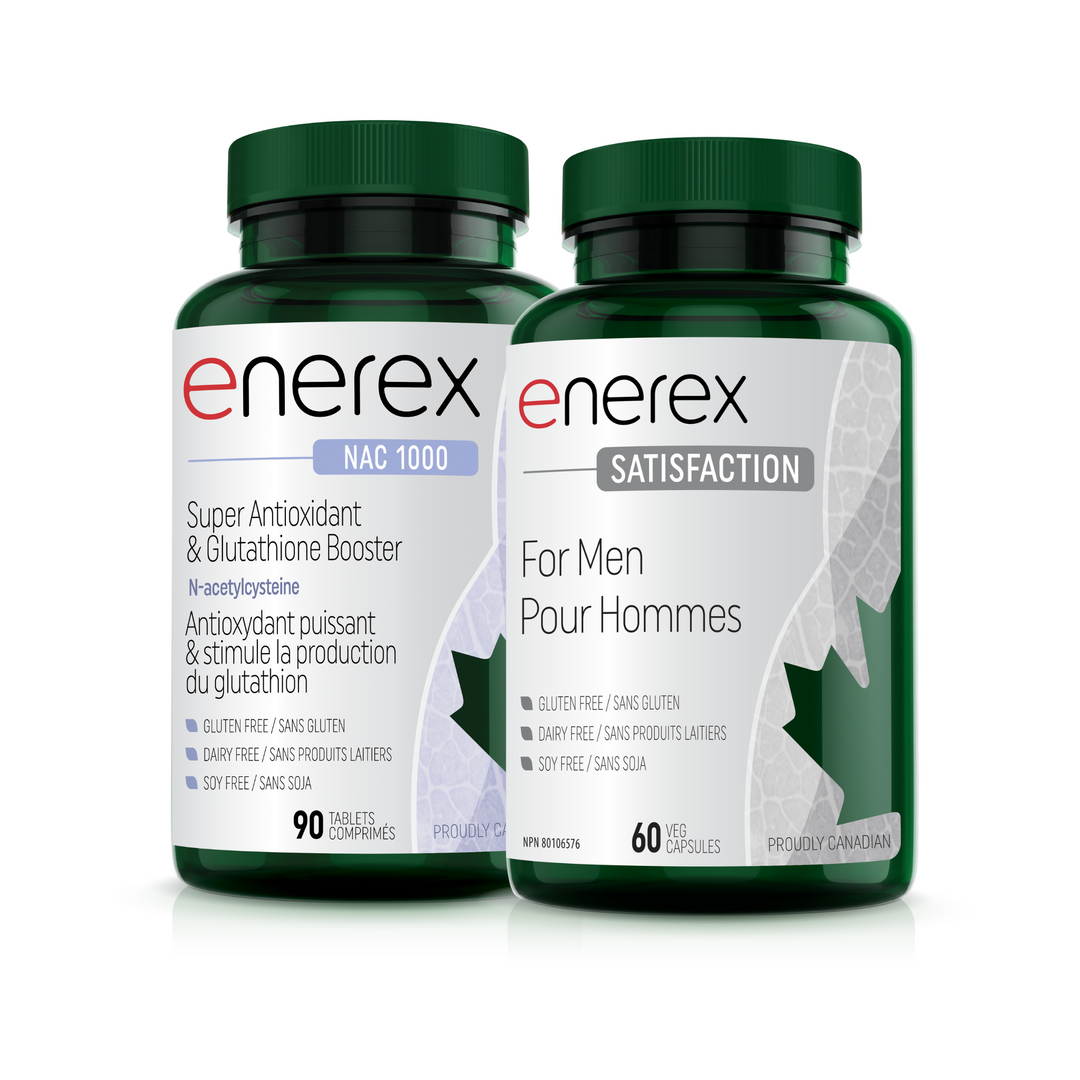
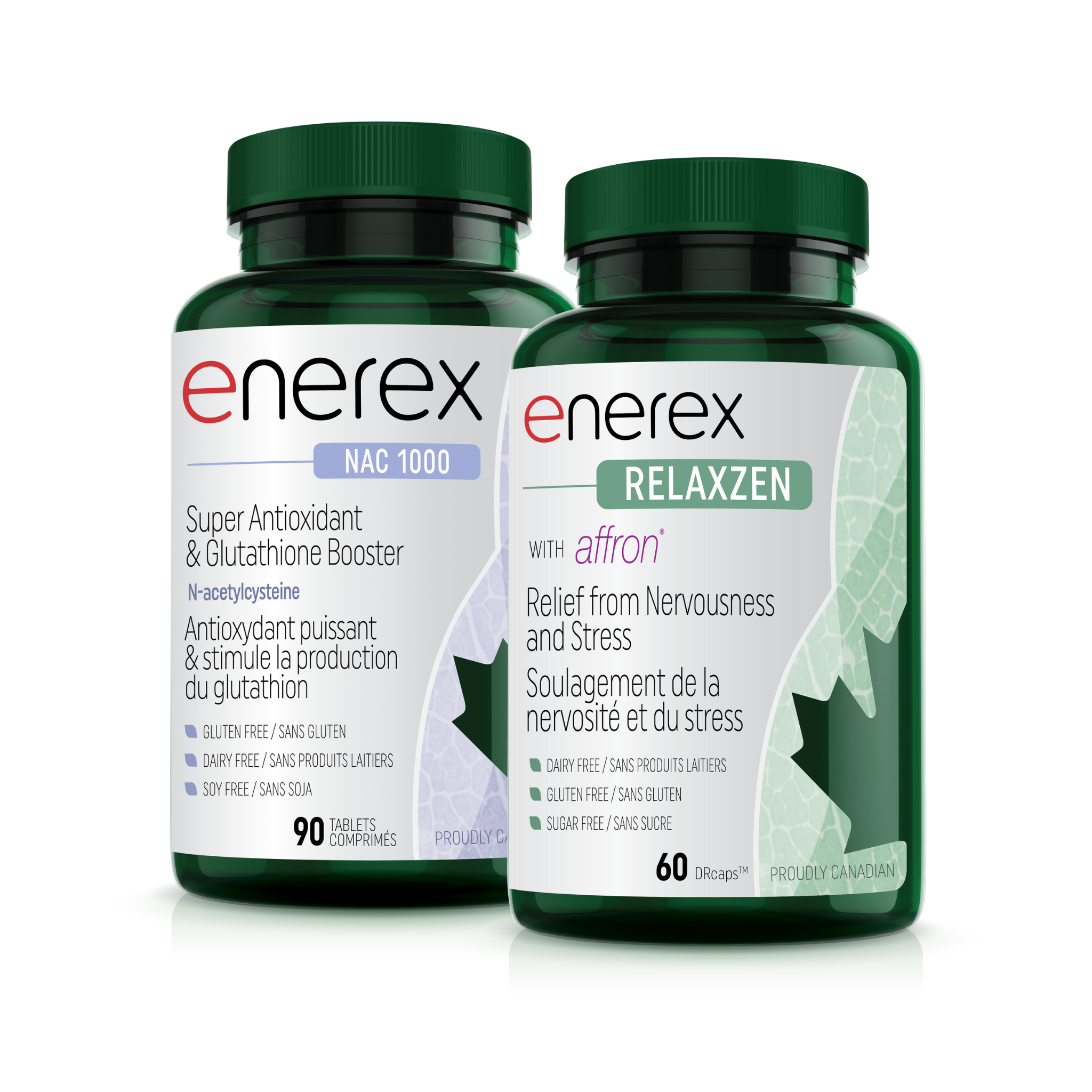
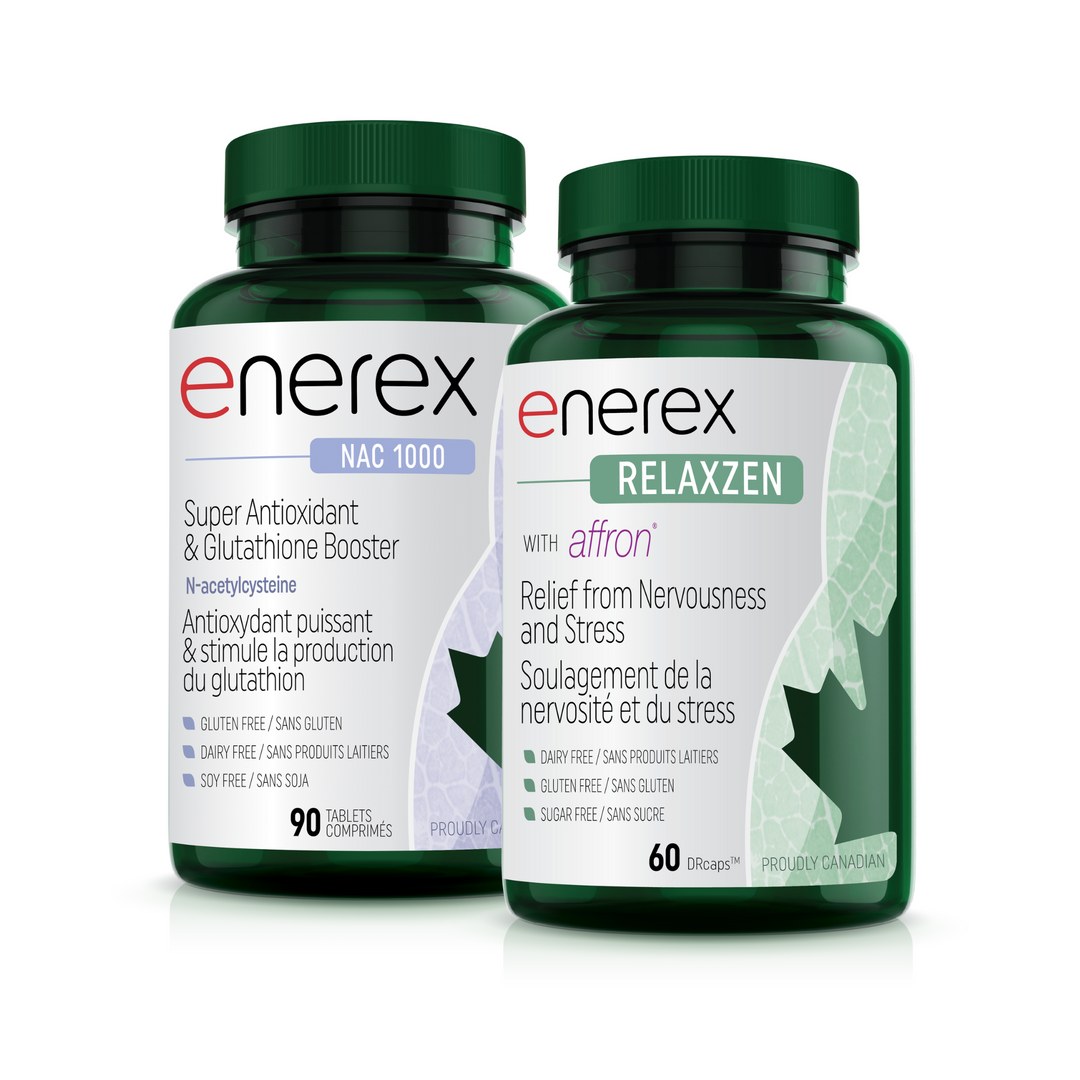
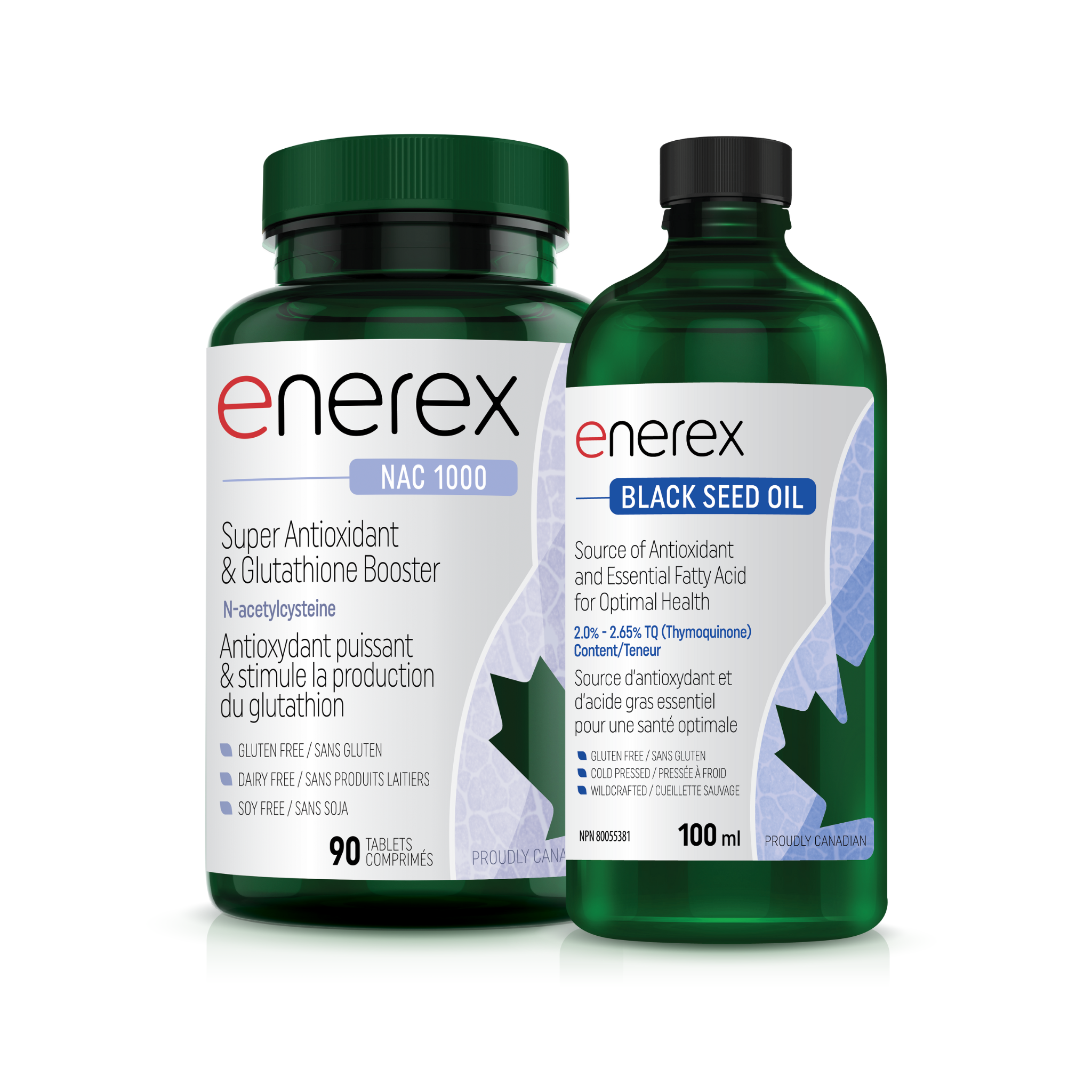
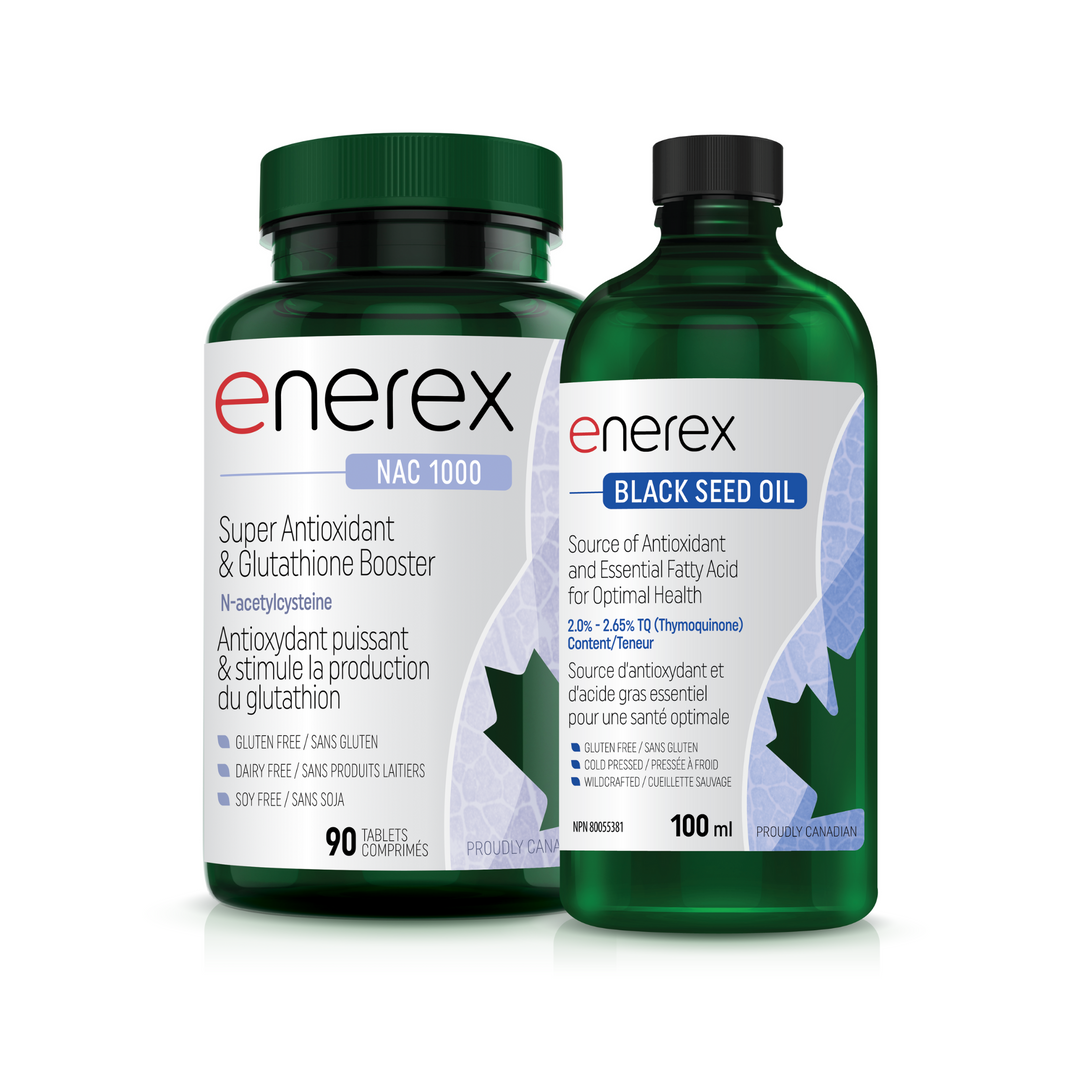
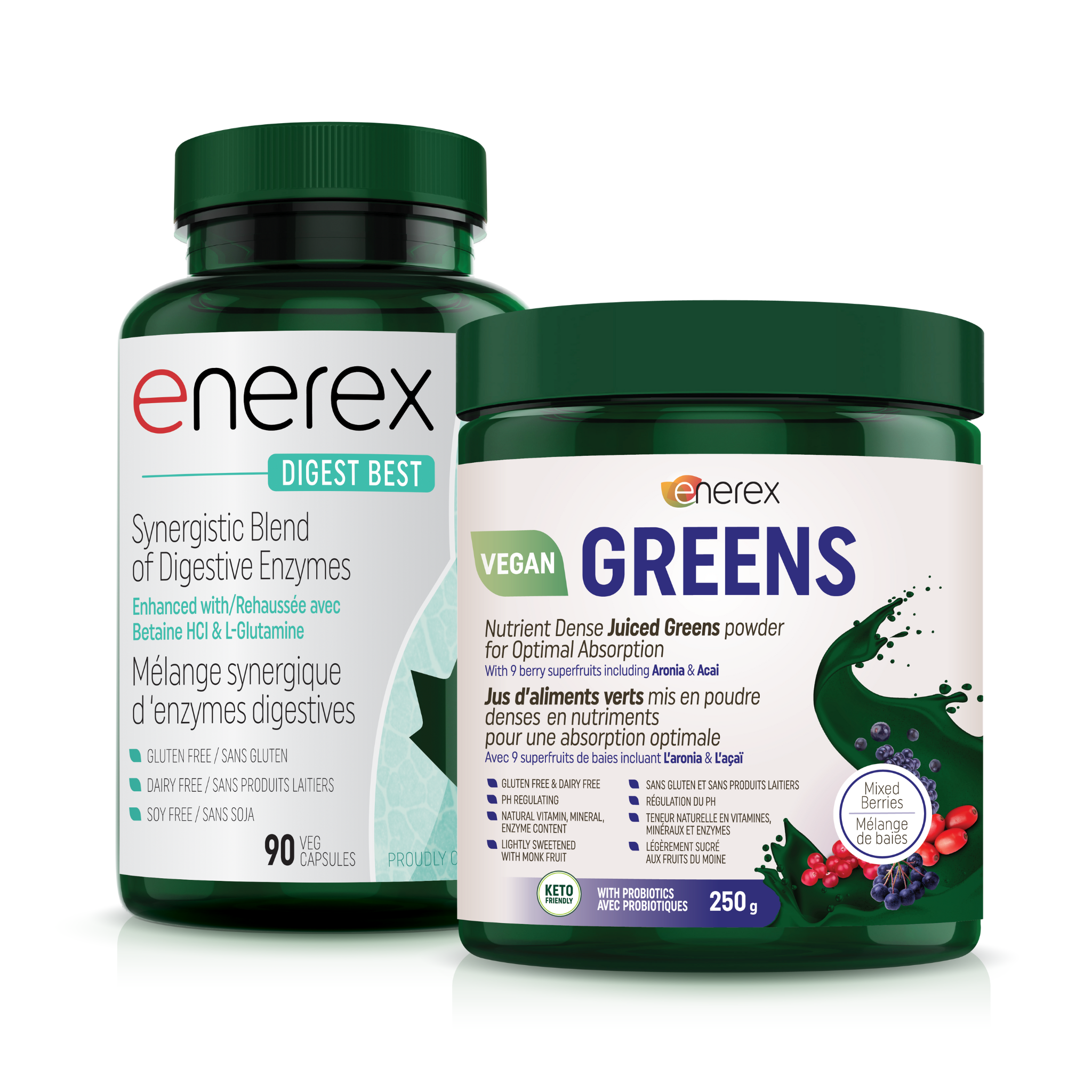
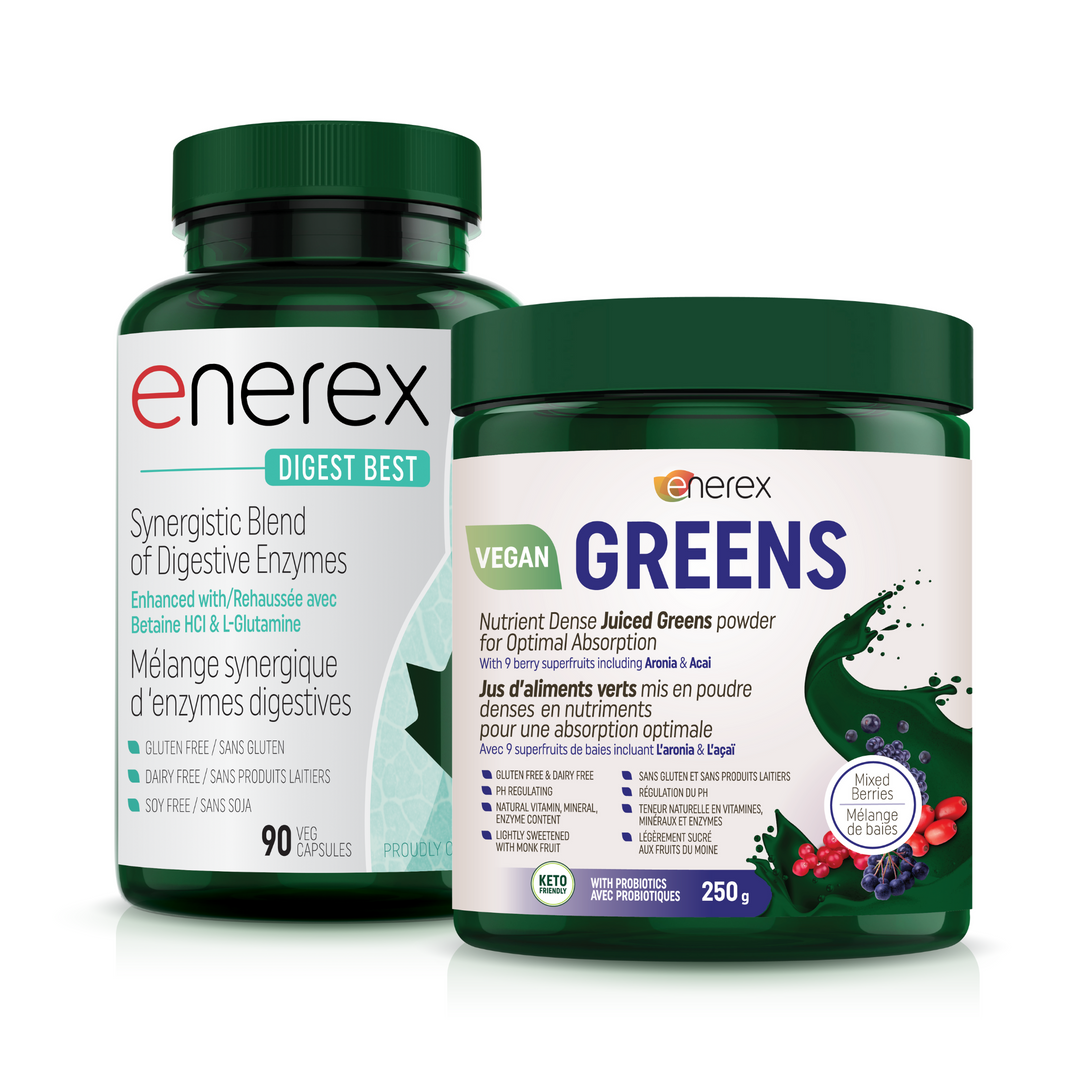
Leave a comment